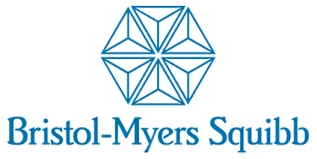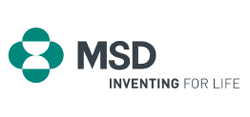Scientific Organising Committee
- Dr Jordi Gracia-Sancho, Spain
- Dr Mercedes Fernández, Spain
Welcome Message
Cells composing the liver microvasculature play essential roles in the pathophysiology of liver diseases, and therefore their study at the bench-side results essential to understand disease biology and to develop new therapeutics. The 2018 Basic School of Hepatology will provide updated information about how to properly characterize liver vascular cells phenotype, function, and interactions, combining state of the art lectures, short seminars, and extensive hands-on practices. In addition, soft practical exercises will focus on the improvement of scientific communication skills. A major aim of the School is to potentiate close interaction between faculty and participants, therefore a reduced number of applicants (maximum 36) will be selected to be part of this experience. The School will be developed at the IDIBAPS Biomedical Research Center in Barcelona.
Why attend?
- Learn the latest techniques to characterize liver vascular cells, both in vitro, ex vivo and in vivo.
- Interact with peers and Faculty to improve your skills in Experimental Hepatology and Scientific Communication.
- Have the opportunity to meet and discuss your projects with renowned Faculty.
Who should attend?
- You are a Young Investigator (under 35 years or still in training)
Proof of age (ID) or training status (letter from the institution providing the training) will be requested
AND
- You are an EASL member
It is mandatory to be an EASL member in order to attend the school.
Find out more about the benefits of being a member by clicking here
In exceptional cases, you can decide to become a member after your application. For more information, please contact us.
You will also need:
- A letter of recommendation from your supervisor/advisor
- Your CV
- The list of abstracts presented
Learning Objectives
- Recognize the cellular components of the liver microvasculature, their characteristics, and interactions, in health and disease.
- Understand the variety of techniques available to comprehensibly characterize the phenotype of the liver microvasculature.
- Be able to design an experimental research project to solve a relevant question in the field of liver vascular diseases.
- Be able to summarize your research project in a 5min elevator pitch.
About EASL Schools
The schools contribute to the training of new generations of hepatologists and are a major element of our association. Aimed at young fellows enrolled in hepatology-oriented departments or more experienced clinicians who want to be exposed to the newest trends in hepatology.
For selected applicants, EASL will cover transportation costs to attend the school and accommodation during the event (details will be provided individually once the selection process has been done).
Application is open to young fellows under the age of 35 (born after 17 September 1987) and/or still in training.
Approximately 30 places are available for each school and only EASL members are allowed to apply. Become an EASL member
Acknowledgements
Supported by AbbVie, Bristol-Myers Squibb and MSD who provided funding.
AbbVie, Bristol-Myers Squibb and MSD have had no input into the content of the materials and presentations used at this event.





